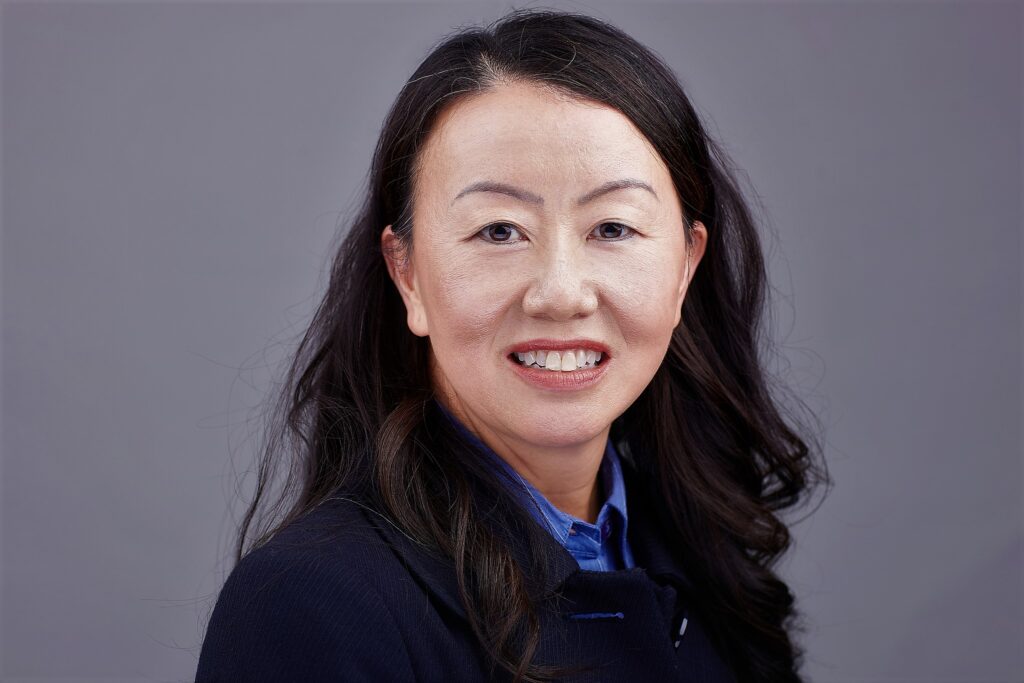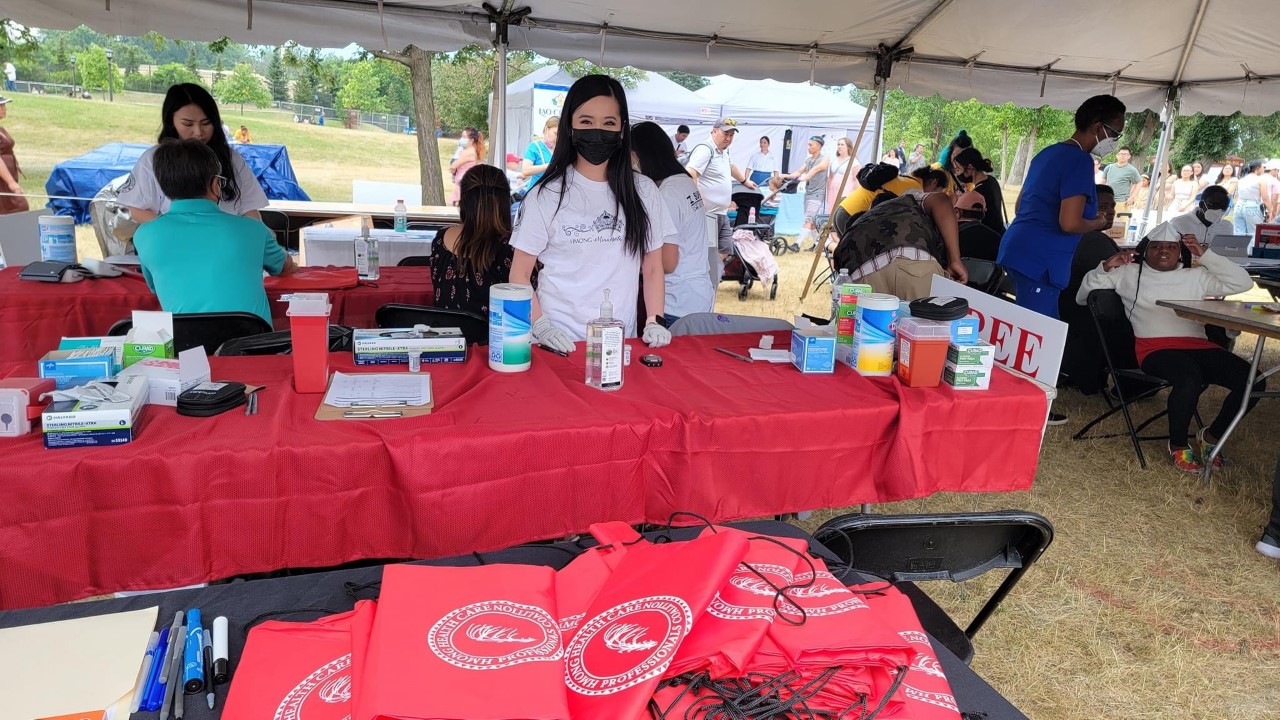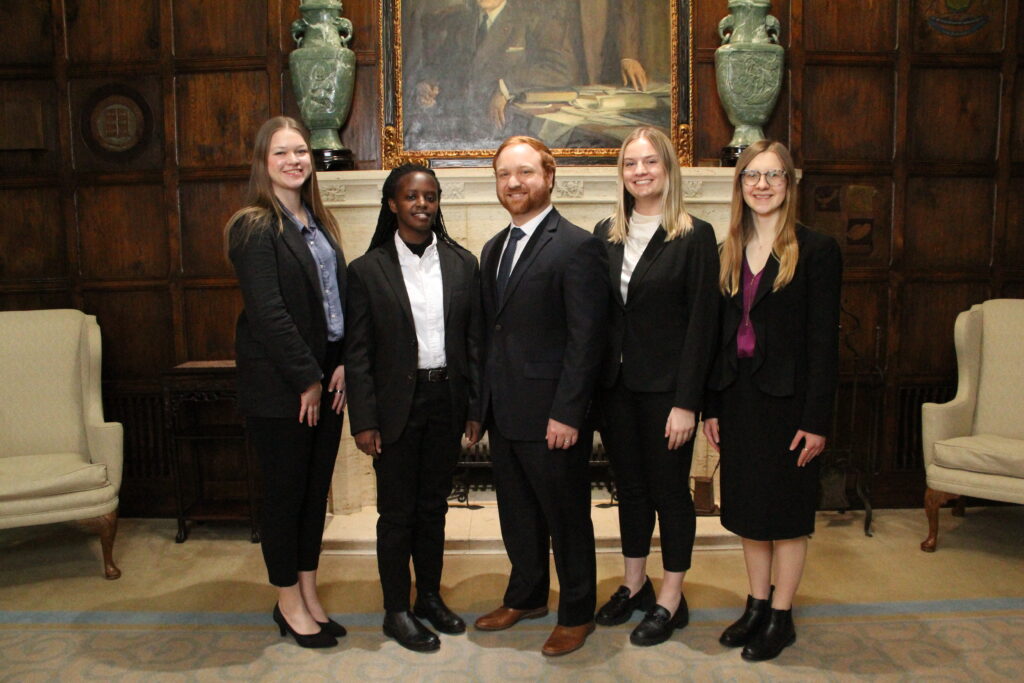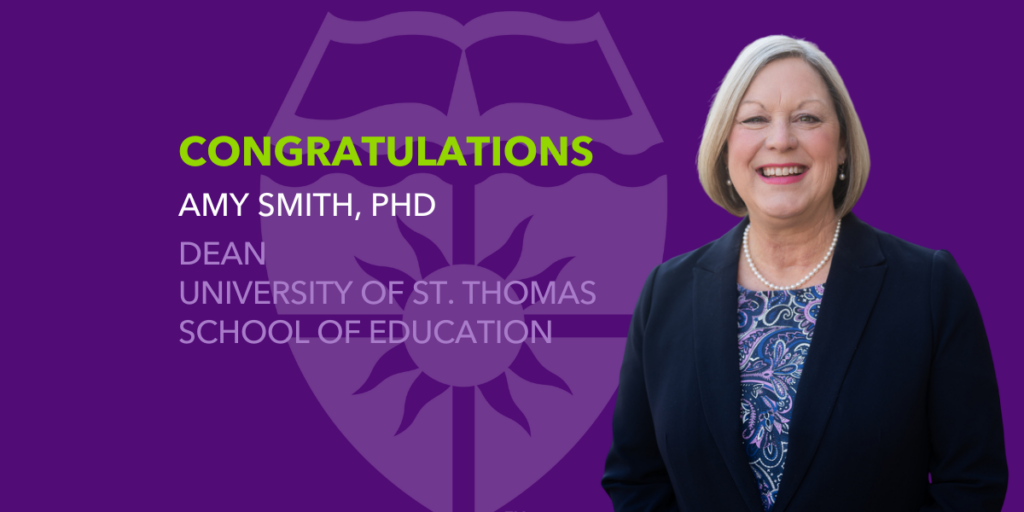Representation in health care matters. Patient outcomes improve when providers reflect the communities they serve, according to the Journal of the American Medical Association. But representation is not enough. To sustain and improve health outcomes, those health professionals need support and opportunities to grow so that they can thrive in their profession.

This need for culturally relevant networking and support is part of what inspires the work of May Hang, a doctor of nursing practice and a family nurse practitioner who is also an executive board member of the Hmong Nurses Association (HNA). This year, the HNA is bringing its knowledge and resources to bear at its first national conference, which will be held in the Twin Cities at the University of St. Thomas on Aug. 5-6.
The Hmong Nurses Association (HNA) is a nonprofit organization formed in 2012 in response to a lack of representation of Hmong people in health care professions. Before its formation, there was no national organization that represented the Hmong population in the field of nursing. According to the organization, “[HNA] was created to provide a platform for Hmong nurses to share their experiences, ideas and goals of improving the Hmong community and to foster professional growth and development amongst Hmong nurses.”
Minnesota is home to the largest urban concentration of Hmong Americans in the United States – approximately 81,000 people. Members of the Hmong community face unique health challenges, and nurses from Hmong backgrounds are helping to address them. Sharing the experience of Hmong nurses and their patients is also important to raise awareness among the broader health care community.
“Our college’s vision is to tackle and reduce health disparities, and supporting nurses of color is a good start,” said Morrison Family College of Health Founding Dean Dr. MayKao Y. Hang. “Sponsoring the first-ever national HNA conference is an honor and a call to action for us to advocate for systems change. We must erase the invisibility of Asian Americans in our midst who continue to be underserved.”
The COVID-19 pandemic exacerbated inequalities and hardships that Hmong people face in accessing the care they need. According to Dr. May Hang, Hmong nurses working in all settings have seen how Hmong patient isolation, breaches of cultural practices and values, trauma and mental anguish have had acute effects on the Hmong population.
To provide space for self-healing and to increase Hmong nurse resiliency, HNA created a conference that will give Hmong nurses an opportunity to come together to identify critical issues facing the Hmong community while networking with a national cohort of health professionals.
When the inaugural conference convenes in James B. Woulfe Alumni Hall on the St. Paul campus, participants from many cultural and professional backgrounds will come together to prepare “to influence, advocate, mentor and make an impact on community health by strengthening their knowledge base and skills related to Hmong culture and their professional practice.”
Additionally, participants who meet certain criteria may be eligible for continuing education credits after successful completion of the conference.
“This conference is an opportunity for Hmong nurses to unite as a group to build a support system that can be available for advocacy, education and growing the next generation within the profession,” said Dr. Martha Scheckel, founding director of the Susan S. Morrison School of Nursing.
The Morrison Family College of Health is the platinum sponsor and partner for the conference. Additionally, faculty from the Susan S. Morrison School of Nursing will present two sessions during the conference: “Mental Health: Medications, Emergencies, and Assessments” and “Integrative Nursing at the Point of Care.” Dean Hang will also deliver the keynote address. Other presentations include topics such as the history of the Hmong leaders in nursing, the impact of the COVID-19 pandemic on Hmong nurses, health care legislation, the role of Hmong herbs in healing, how to build resiliency in nursing, and more.
Visit the conference website for more information.







